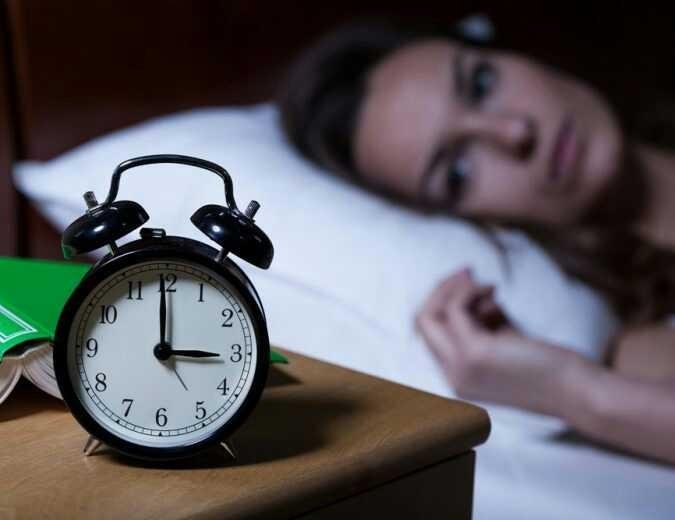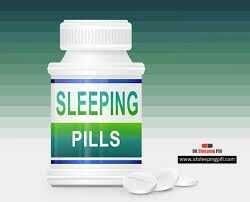Today I bring something very important and common among us insomnia and I also tell them how to solve it and lead a lifestyle by removing this great problem from us
I hope you like it, like it and follow me.
What is insomnia?
Insomnia is defined as the difficulty in initiating or maintaining sleep. There is a clinical standard to classify whether a person suffers from insomnia or not, where it is determined that a person who takes more than thirty minutes to fall asleep and / or sleep less than six hours, may be suffering from insomnia. If these sensations are less than three weeks or a month, we speak of occasional or transitory insomnia, and when it is higher than that time, of chronic insomnia.

Symptoms of insomnia
We talk about insomnia, in a more colloquial way, when we are in any of these situations:
- When we notice problems of lack of quality or amount of sleep during a period of time.
- When we have difficulty adapting to the consequences of these problems to sleep, such as irritability, lack of concentration, fatigue or anxiety. These are some of the most well-known consequences of insomnia.

How many hours of sleep do we need?
Sleep disorders, such as insomnia or the difficulty of falling asleep and maintaining a good quality of rest, are detrimental to our physical and mental health. Numerous studies show that insomnia has negative effects on mental and physical health, quality of life and work performance of the person, especially if it lasts over time. It is therefore important to detect it through various alarm signals in order to be able to diagnose the problem early. Once a diagnosis has been made and its typology determined, insomnia can be addressed with hygienic-dietetic measures, with the help of a sleep treatment that does not require a medical prescription or, in certain cases, by referral to the doctor.
It is important to remember that sleep disorders, such as insomnia, are extremely common, but are not always treated or adequately addressed. An international study comparing the frequency of sleep disorders in various countries (such as the United States, Japan and Europe) showed a prevalence of up to 31% in people over 15 years. Most respondents acknowledged that lack of sleep negatively impacted their quality of life significantly, but only less than half had sought medical help.

Do we all need to sleep the same hours?
While not everyone needs to sleep the same hours, it is necessary to ensure a number of hours that ensure the quality of rest. That is, we need to sleep the hours that give us enough rest to perform during the day in a normal way, which can vary from person to person depending on multiple factors, such as age:
A newborn will need between 16 and 18 hours of sleep.
A teenager, needs to sleep between 9 and 10 hours a day.
Adults generally need between 7 and 8 hours of sleep per day. However, there are cases in which an adult may need only 5 or 6 hours, while another may require more than 8 hours to feel fully rested.
In the case of older people, it is true that as age increases, sleep usually becomes more superficial, but the needs remain very similar.
It is important to know the different treatments and remedies against insomnia and thus know which one fits our needs and rhythm of life.

Treatment for insomnia
The treatment consists of personal care
The treatment for insomnia consists of improving sleep habits, identifying and treating underlying causes, and doing behavioral therapies. Sleeping pills can also be used, but it is recommended to pay attention to side effects.
Personal care
Improvement of sleep habits
Good sleep habits include a regular sleep schedule and avoiding naps, caffeine and watching TV before bedtime.
Therapies
Cognitive-behavioral therapy
Verbal therapy that focuses on the modification of emotional responses, thoughts and negative behaviors associated with psychological disorders.
Phototherapy
Exposure to bright light through a device called a light box. Imitate natural sunlight.
Medicines
Sedative
Causes drowsiness, tranquility and numbness of the senses. Some types can become addictive.
Antihistamine
Reduces or stops an allergic reaction.
*Antidepressant
Prevents or relieves depression and improves mood.

Specialists
Primary attention doctor
Prevents, diagnoses and treats diseases.
Clinical psychologist
It treats mental disorders mainly with conversational therapy.
Specialist in sleep medicine
Treats disorders and sleeping problems.
Psychiatrist
Treats mental disorders mainly with medication
